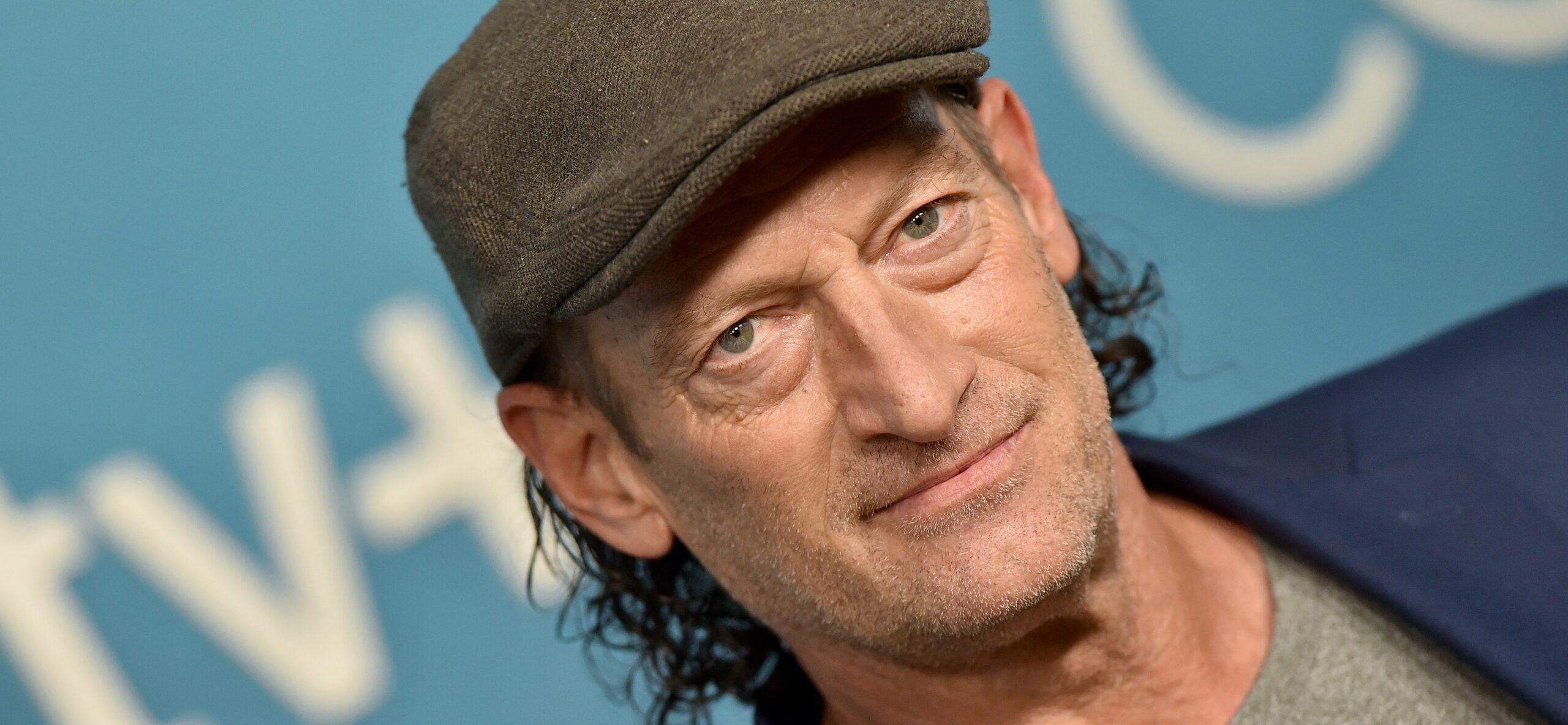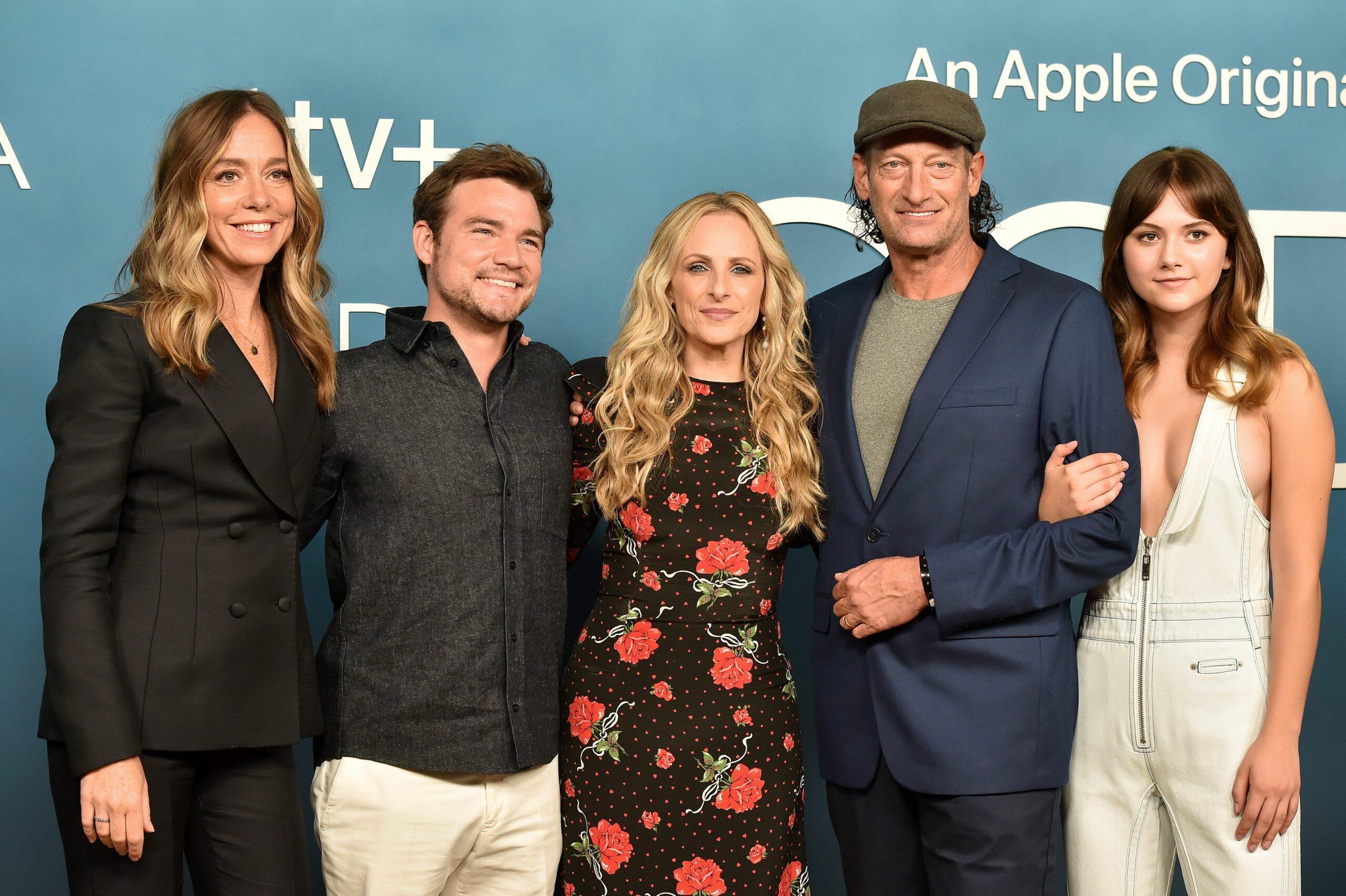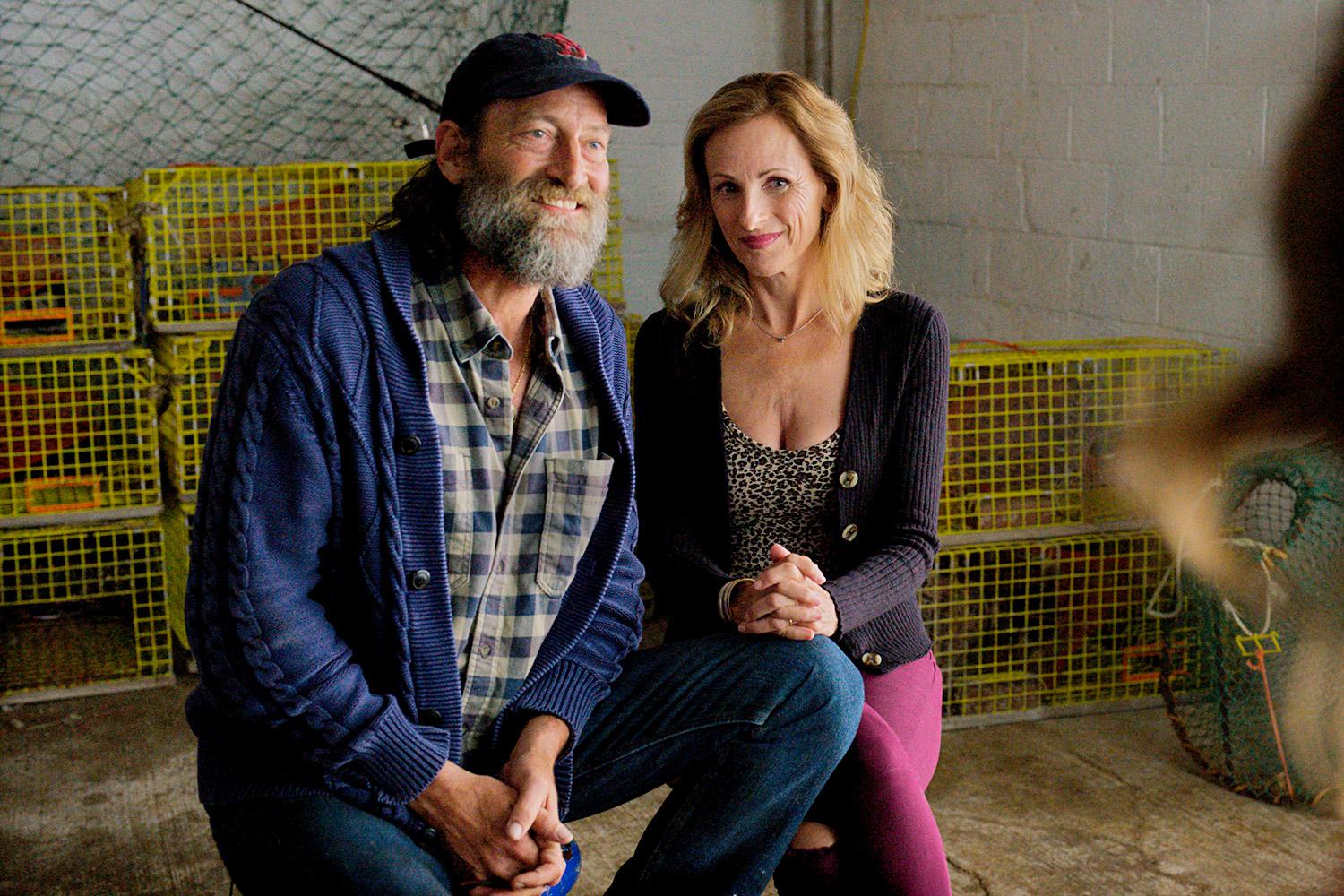Oscar Winner Troy Kotsur Created The Tusken Language In 'Star Wars'
By Kristin Myers on March 30, 2022 at 8:30 AM EDT

Actor Troy Kotsur finally received his first Oscar on Sunday night. Although the 94th annual Academy Awards ceremony was overshadowed by Will Smith slapping Chris Rock, “CODA” still loomed large over the ceremony and scooped up three major wins for the Deaf community.
In addition to the headline prize of the night – Best Picture – and Adapted Screenplay, Troy Kotsur became the first Deaf male actor and second Deaf actor to win an Oscar behind “CODA” costar Marlee Matlin, who picked up her Oscar in 1987 for “Children of a Lesser God.”
Although some may not be familiar with Kotsur outside of his work on “CODA,” he has loomed large in the Disney “Star Wars” live-action TV series.
Troy Kotsur Became The First Deaf Actor In ‘Star Wars’ History

As Gizmodo previously reported, the new Oscar winner (who also picked up a BAFTA, a Screen Actors Guild, and a Critics Choice Award this award season) played an enormous role in the first season of “The Mandalorian.”
In episode 5, titled, “The Gunslinger,” the titular Mandalorian Din Djarin (Pedro Pascal) crossed the deserts of Tatooine and ran into a group of Tuskens. Although the original trilogy portrayed the Tuskens as reckless and violent, “The Book of Boba Fett” – “The Mandalorian” spin-off series – had gone a long way in improving the reputation of the Tuskens and showing that they had a complex culture of their own.
That’s all thanks to Troy Kotsur, who starred as the Tusken who communicated with Din Djarin and became the first Deaf actor to appear in “Star Wars.” If that wasn’t enough, Kotsur also created the sign language used in the show, which is again used in “The Book of Boba Fett.”
Was delighted watching Ch. 5 of @themandalorian to see him respectfully negotiating with Tusken Raiders for permission to pass through their land in their native sign language. Even better that actor Troy Kotsur is #Deaf. In Lucas' films, they were brutal savages, "sand people." pic.twitter.com/e0zZjUiB3Y
— Steve Silberman (@stevesilberman) January 8, 2021
Back in 2020, Kotsur told the Daily Moth how important it was to him to make sure that the Tusken sign language reflected their own culture and environment.
“I did research on the culture and environment of Tuskens,” he explained. “I researched on the desert called ‘sand people.’ That is what Luke Skywalker calls them, ‘sand people.’”
“Anyway, my goal was to avoid ASL [American Sign Language],” he added. “I made sure it became Tusken Sign Language based on their culture and environment.”
The amount of thought, care, and attention that Kotsur puts into each of his roles is what makes him not only beloved by the Deaf community, but by “Star Wars” fans as well.
Troy Kotsur Admits It’s ‘A Tough Journey As A Deaf Actor’

On the day the Academy Award nominations were announced back in February, Kotsur had told the Los Angeles Times that “when I received the nominee information, I knew that I wasn’t alone, because Marlee had inspired me.”
“It’s a tough journey as a Deaf actor,” he continued through an interpreter. “There are so few opportunities out there, and she kept on going. She was persistent. And then so was I with my own career as a stage actor. So here I am today.”

In another interview with The Times, Kotsur said he was “tired of Deaf people being portrayed as a victim.”
“This time, in this project, I just want to show some b—, some real Deaf b—, that hey, this character’s a tough guy, a Deaf male who struggles just like anyone else out there who owns a small business,” he added. “The only thing that’s different is the method of communication.”
Troy Kotsur received a standing ovation at the 94th Academy Awards after he became the first deaf male actor to ever win an Oscar — watch his acceptance speech #Oscars pic.twitter.com/f8753VxLh0
— NowThis (@nowthisnews) March 28, 2022
On Sunday night, during his Oscar speech, Kotsur reflected on the time when President Joe Biden invited them to the White House earlier in the month, which The Blast had previously reported.
Not only did they get a meet-and-greet with the President in the Oval Office, but they were also invited to meet with the White House Domestic Policy Council and Office of Public Engagement to discuss inclusion and more opportunities for access and employment of Deaf Americans.